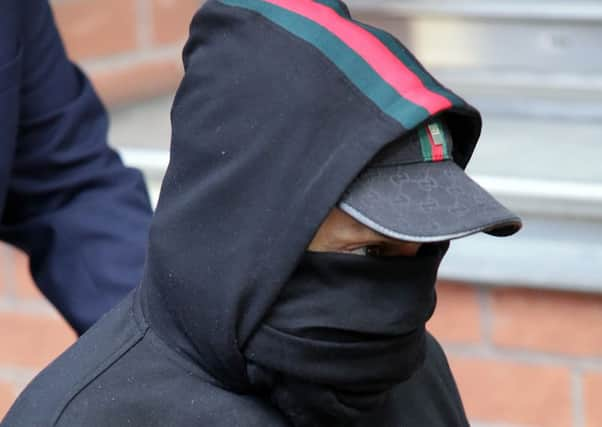Rotherham trial: Girl's diary detailing abuse '˜disappeared' after being given to police


The sister of one of defendant Arshid Hussain’s alleged victims said South Yorkshire Police had been given a diary that contained ‘everything that happened’ to her as a teenager.
She told a jury at Sheffield Crown Court that the family have subsequently been told the diary, along with an 11-page statement from her father, have been lost.
Advertisement
Hide AdAdvertisement
Hide AdThe complainant, known as Girl J and now aged 30, alleges Hussain started a sexual relationship with her when she was 14. Hussain, one of seven people on trial for playing roles in a Rotherham grooming ring, accepts he had a child with the woman when she was 15 but said he believed her to be over 16 when they first met.
The alleged victim’s sister said they decided to secretly record a conversation with two police officers in March 2013 about the possibility of taking Hussain to court because they had ‘no faith in them’.
She said it followed an earlier meeting with the police.
“We had asked what happened to her diary, it was filled with dates, times, everything that happened,” she said.
“My dad did an 11-page statement. It had all disappeared.”
Stephen Uttley, representing Arshid Hussain, asked whether they had recorded the conversation to ‘set up police officers’.
Advertisement
Hide AdAdvertisement
Hide AdShe said: “We didn’t trust them. They had let us down 15, 16, 17 years previously. It was the same officers – they weren’t interested, they didn’t care.
“It was about time the truth came out about the officers and the people involved. If I wouldn’t have recorded them, we wouldn’t be sat here now.”
The recording was later given to Andrew Norfolk, a journalist with The Times, who ran a story about Girl J in August 2013.
The sister of the complainant said it was only because of the story that police began a proper investigation into what happened to her sister – but only after trying to stop the article.
Advertisement
Hide AdAdvertisement
Hide AdShe said: “As soon as The Times contacted the police, the officers were out that day saying, ‘We need to speak to you’, basically trying blackmailing, telling her if she goes ahead with the press she will not be able to make a case.”
The trial continues.